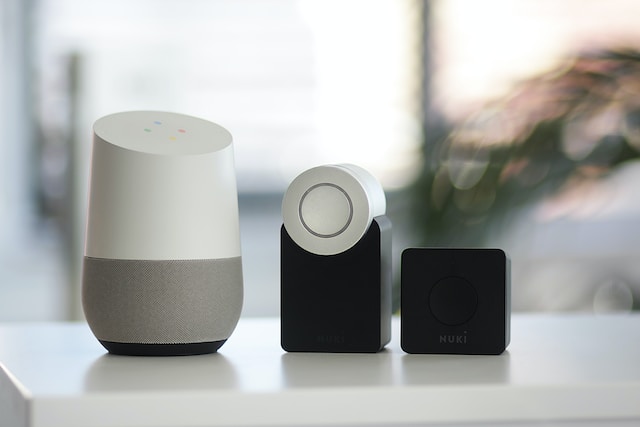

How the AI works
The algorithm developed by the researchers can detect agonal breathing, one of the main signs of a future heart attack. Even more importantly, the AI can alert the emergency services itself! The aim is to be able to help the patient as quickly as possible.
This artificial intelligence is already 97% efficient. To achieve this result, the researchers tested it on 162 emergency calls received by the Seattle Emergency Medical Service between 2009 and 2007. They also included 83 hours of normal sounds in the algorithm’s database: snoring, sleep apnea, dog barking, car horns, at different distances. However, at the time of the experiment, some sounds were mistaken for agonal breathing. The researchers are still working to reduce the rate of false positives, so as not to alert the emergency services unnecessarily.
The secret is timing!
When you have a heart attack, every minute counts. The time taken for the intervention is crucial. Did you know? Every year in France, 120,000 people have a heart attack… And 10% of them die within the hour. This proves that you need to know how to act quickly. Today, 18,000 people die every year.
A slight downside
We are witnessing a real boom in artificial intelligence in the health industry. In cardiology, in medical imaging and also in ultrasound!
However, our transesophageal probe repair laboratory would like to add a note of caution to this innovation. If this AI works via a connected speaker or even with smartphones, the universe of possibilities is very limited. In practice, the artificial intelligence can only be used with an Amazon Echo speaker. Moreover, some, like the Mozilla Foundation, point to the lack of security for personal data. In this context, the Mozilla Foundation finds Amazon’s connected speaker “super scary”.
So although we welcome this progress, improvements are still necessary… Such as avoiding false positives, making usage support more universal, and securing data.